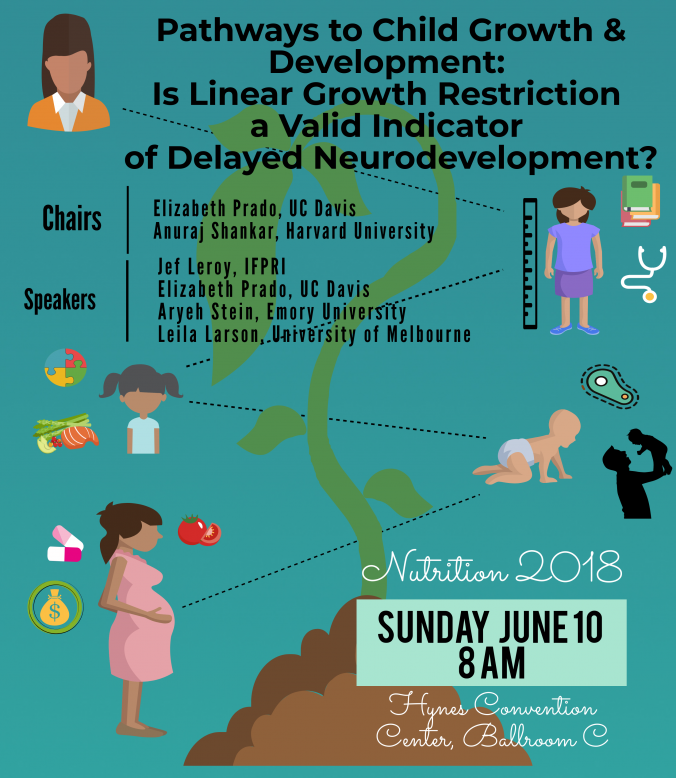Two new papers from the TRELLIS lab have been published early this year in the American Journal of Clinical Nutrition and the BMJ Global Health.
In the American Journal of Clinical Nutrition, Ocansey and colleagues report that lipid-based nutrient supplements (LNS) provided to pregnant women and their children from 0-18 months in Ghana reduced social-emotional problems 5 years later, compared to groups who received only micronutrients. Children with lower home environment scores showed the greatest benefits of LNS, suggesting that early nutritional supplementation buffered the effect of a poor home environment on the development of behavioral problems. This study is the first long-term follow-up of a randomized controlled trial of both prenatal and postnatal LNS supplementation, and suggests that such supplementation may be part of an effective strategy to prevent the development of behavioral problems.
In the BMJ Global Health, Prado and colleagues reported factors that contribute to linear growth faltering in 4 longitudinal cohorts of young children, totaling more than 4000, in Ghana, Malawi, and Burkina Faso. We found consistent associations of 18-mo LAZ with maternal height and maternal body mass index (BMI) in 3-4 cohorts. The factors with the strongest associations with 18-mo LAZ were length for gestational age z-score at birth, maternal height, and gestational age at birth. Other factors that showed significant associations with 18-mo LAZ in 2 cohorts, though with smaller coefficients, were improved household water source, child dietary diversity, childhood diarrhea incidence, and 6 or 9-mo hemoglobin concentration. Interventions targeting these factors associated with LAZ may accelerate progress toward reducing stunting, however, much of the variance in linear growth status remained unaccounted for by individual-level factors suggesting that community-level changes may be needed to achieve substantial progress and further research is needed to understand the causes of stunting.


